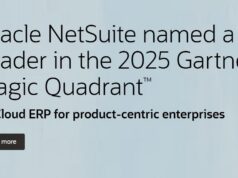Hyundai Motor’s electric vehicle (EV) business is on the rise. After occupying the second position in the US, one of the three major markets, it has a de facto monopoly in Indonesia. Tesla, which previously tried to advance into the local market, raises the possibility that plans will be disrupted.
According to foreign media and industry sources on the 28th, Tesla decided not to build a local plant as negotiations with the Indonesian government broke down on regulations on the supply of raw materials for electricity.
Indonesia is a producer of nickel, cobalt, and manganese, which are key materials for battery cathode materials. This is why not only electric vehicles but also battery manufacturers are considering investing in Indonesia.
LG Energy Solutions and CATL are already establishing local factories. Tesla conducted market research by sending a delegation to Indonesia several times. The industry predicted that Tesla would set up a local production base.
It may resume its business in Indonesia through renegotiation later, but it is likely to be put on hold for the time being.
Currently, Hyundai Motor is unrivaled in Indonesia. Hyundai Motor Company has built an electric vehicle production line in Indonesia. It has been mass-producing Creta since last January and the Ioniq 5 from March. The battery plant jointly established with LG Energy Solutions is scheduled to be completed in the first half of 2023 and mass-produced in the first half of 2024.
According to the Indonesian Automobile Manufacturers Association, Hyundai sold a total of 196 electric vehicles in Indonesia last month. During the same period, 200 electric vehicles were sold in Indonesia, with Hyundai taking a 98% share. In the cumulative sales volume from January to May of this year, Hyundai Motors had 333 units, accounting for 92% of the total 363 units.











